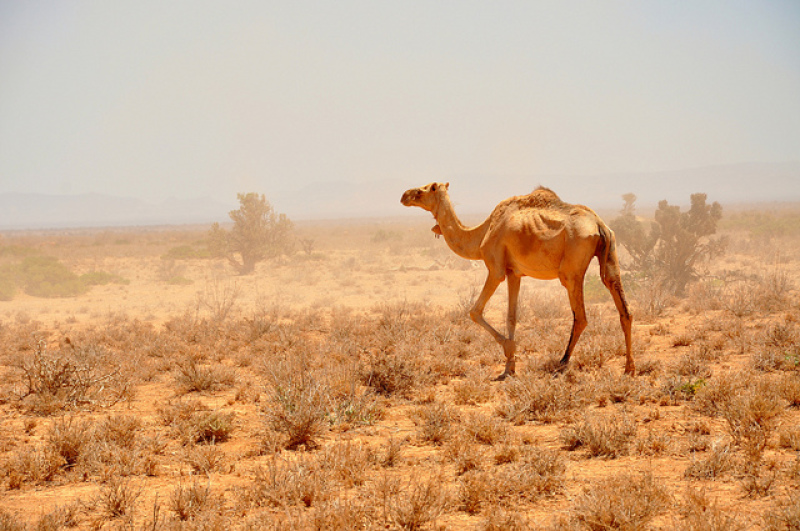
Churches and non-governmental organizations (NGO) are working to provide humanitarian aid for those in southern and eastern Africa as over 32 million people are facing hunger and disease in those regions.
The United Nations reported that Africa is currently experiencing the worst drought in decades, due to record high temperatures, and one of the strongest El Nino events ever recorded.
The World Food Programs reports that there are 10.2 million people who are in critical need of food aid in Ethiopia alone, as well as up to 49 million people being affected by the drought throughout Southern Africa.
NGOs such as Save the Children, Oxfam, and Unicef are working closely with the respective governments to provide for the children and hungry communities.
The Mormon church has approached their humanitarian efforts through answering requests for help by, "looking for long-term partners and [also] looking for sustainable solutions to problems that matter to those who live there," said Peter Evans of LDS Charities.
"We are intervening," said Roman Catholic Bishop Georgio Bertin of Djibouti, a country in the horn of Africa, who is also relying on help from Caritas, the Catholic relief organization. "We are providing food to very poor families. It is a gesture of solidarity."
In February, Malawian Bishop Martin Mtumbuka of the Karonga Diocese stopped taking tithes and offerings due to the effects of the drought.
Ethiopia has been one of the worst hit countries where four-fifths of the country's crops have failed due to lack of rain. Unicef plans to help over 2 million children in their malnutrition.
Known as the region's bread basket, Zimbabwe is also one of the worst hit countries. In February, the country's president Robert Mugabe declared a state of disaster due to drought and rising food needs.
According to The Guardian, neighboring countries are scrambling to find food aid, including South Africa, whose ports are the main entry point for relief across the region.
The United Nations warned that although El Nino is blamed for the drought and is forecasted to dissipate in the coming months, its impact on people in affected countries will last far longer.
The South Africa Reserve Bank has opted to hike the repurchase interest rates as the drought intensifies food price pressure. The drought being the worst on record, is requiring imports of key crops and pushing up food prices.
Oxfam's Daniel Sinnathamby claims that "this current phenomenon is a strong sign of what we can expect from a climate-changed world."



















